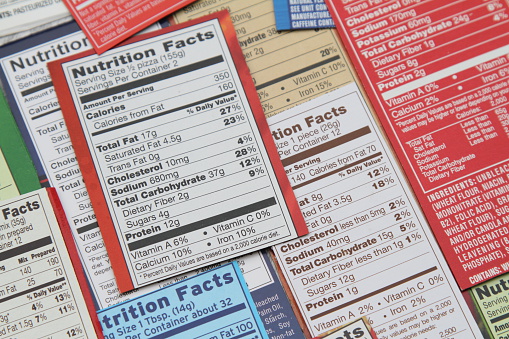Labelling food products has been on the top of 'things to change' in India ecosystem. With more and m0re people adapting to newer food habits for health reasons, looking behind the cover has become norm. However several Indian food companies are yet to adapt the change. And, more than once a green dot need not signify a dish to 100 percent vegetarian.
 In this scenario, earlier this week Delhi High Court ordered 'Full Disclosure of Manufacturing Ingredients' for food products. This comes after a complaint that many food articles having ingredients sourced from animals are passed off as vegetarian by affixing the green dot. Justice Vipin Sanghi and Justice Jasmeet Singh expressed their displeasure over the failure of the authorities, Central Government and Food Safety and Standards Authority of India in checking the lapses and non compliance of Food Safety Act, 2006.
In this scenario, earlier this week Delhi High Court ordered 'Full Disclosure of Manufacturing Ingredients' for food products. This comes after a complaint that many food articles having ingredients sourced from animals are passed off as vegetarian by affixing the green dot. Justice Vipin Sanghi and Justice Jasmeet Singh expressed their displeasure over the failure of the authorities, Central Government and Food Safety and Standards Authority of India in checking the lapses and non compliance of Food Safety Act, 2006.
What is the definition of non-vegetarian food as per regulations
Non-vegetarian food contains “whole or part of any animal including birds, fresh water or marine animals or eggs or products of any animal origin, but excluding milk or milk products”.
Here's what regulations say
All non-vegetarian food must be labelled with “a brown colour filled circle… [of a specified diameter] inside a square with brown outline having sides double the diameter of the circle”. Where egg is the only non-vegetarian ingredient, a “declaration to this effect [may be given] in addition to the said symbol”. Vegetarian food must be labelled with a “green colour filled circle…inside the square with green outline”.
The court said that the law “very clearly intends and expressly provides for declaration on all food items…as to whether they are vegetarian or non-vegetarian”. However, “it appears, some Food Business Operators are taking advantage of — upon misreading of the Regulations, the fact that the Act does not specifically oblige [them] to disclose the source from which the ingredients — which go into manufacture/production of food articles, are sourced, except…specific express exceptions”.
The court said the use of non-vegetarian ingredients, even in “a minuscule percentage”, “would render such food articles non-vegetarian, and would offend the religious and cultural sensibilities/ sentiments of strict vegetarians, and would interfere in their right to freely profess, practice and propagate their religion and belief”.
What does the High Court Order mean?
After this regulation , ingredients like Disodium Inosinate, which is used in instant noodles and potato chips etc., and is made from meat or fish will no longer be displayed as a code. One the label a manufacturer must disclose all the ingredients that went into making a product and if it is plant-based, animal-based or cell-cultured.





